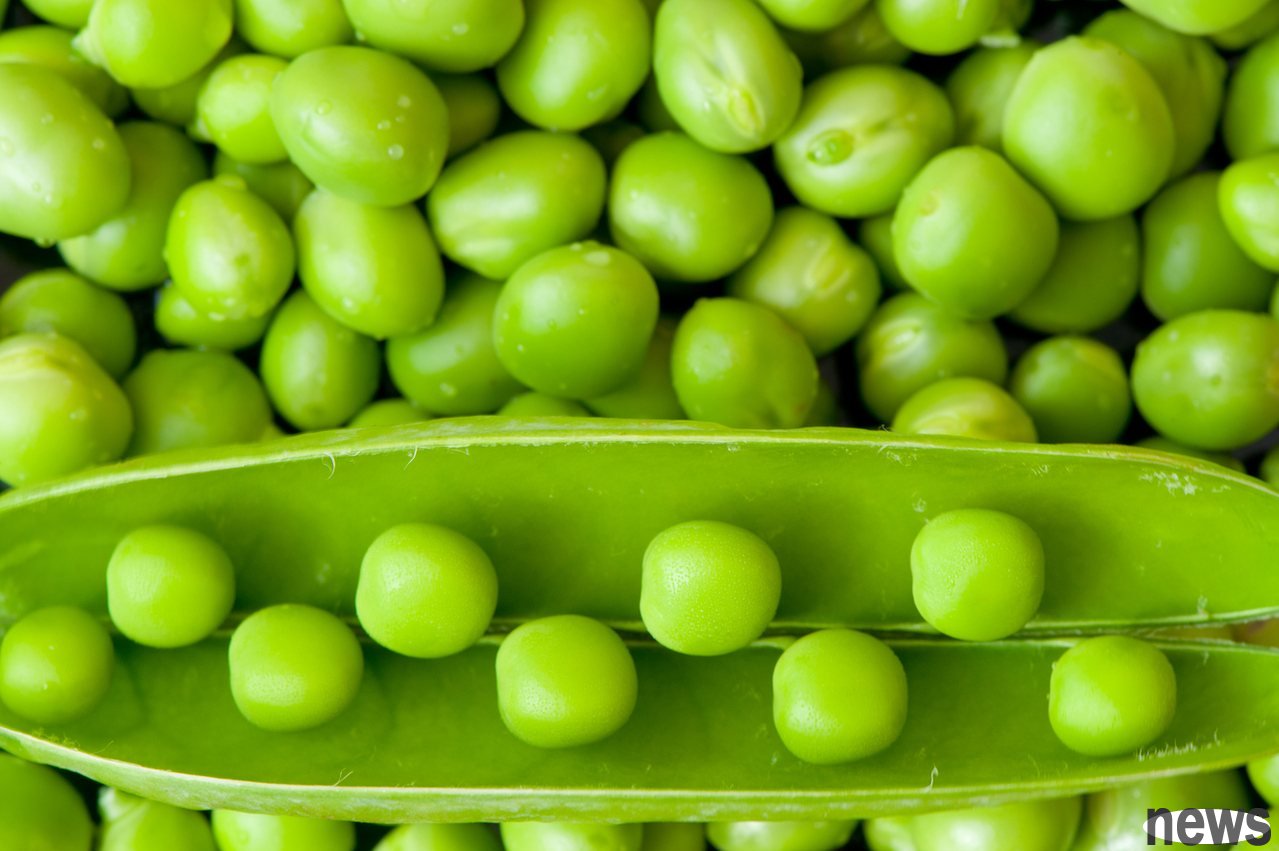
It can absorb more fiber, moisture and powder in daily drinks, which can help you defecate regularly. EatingWell, a healthy diet website, recommends eating more peas (green peas). Here are the causes and benefits of why peas can relieve constipation:
1. 1 cup of cooked peas rich in water-soluble fiberscontains 9 grams of fibers, accounting for 32% of daily intake. According to data from Endotext, an endocrine medicine website, about 70% of these 9 grams of fibers are water-insoluble fibers (Insoluble Fiber). This fiber can increase the amount of excrement and speed up the passage of the digestive tract, so it is especially effective in solving constipation. 30% of the remaining 30% of the remaining pea fibers are water-soluble fibers that help inhaling water into the stomach and kidneys during digestion. Water-soluble fibers can help relieve abdominal distension and reduce the risk of heart disease. Nutritionist Dandrea-Russert said that these two fibers are very important for overall digestive health, and most foods rich in fibers contain these two fibers at the same time.
2. High moisture contentNutritionist Emily Maus pointed out that taking enough water every day is the key to preventing and treating constipation. The water replenishment process is very important for softening stool and easier excretion. Because soluble fiber absorbs water, the combination of the two can make the bowel movement smoother.
Nutritionist Kaytee Hadley also emphasized that peas are a vegetable with high fiber and high moisture content. Data from the Department of Agriculture (USDA) show that peas have a moisture content of almost 80%.
3. Good source of osteoporosisThe mineral content of peas is also helpful in relieving constipation. A recent study examined diet and bowel movements in 9519 adults and found that dietary oximetry was inversely proportional to constipation. Rosert quoted a study in the 2021 journal Food Science & Nutrition, which pointed out that people with higher intake of ozone in diet are less likely to have constipation problems. The slurry can inhale the moisture in the body for stool, improve the frequency and consistency of defecation, and create the effect of laxative. According to USDA data, the content of ozone per cup of cooked peas is as high as 15%.
Other vegetables that help relieve constipation include: green cauliflower with a large amount of fibers; spinach rich in ox and water-insoluble fibers; hydrated and high-quality ceramides; Jerusalem articokes are a good source of inulin, which nourishes the microbiome of the kidney and helps prevent constipation.
Responsible editor: Gu Zihuan